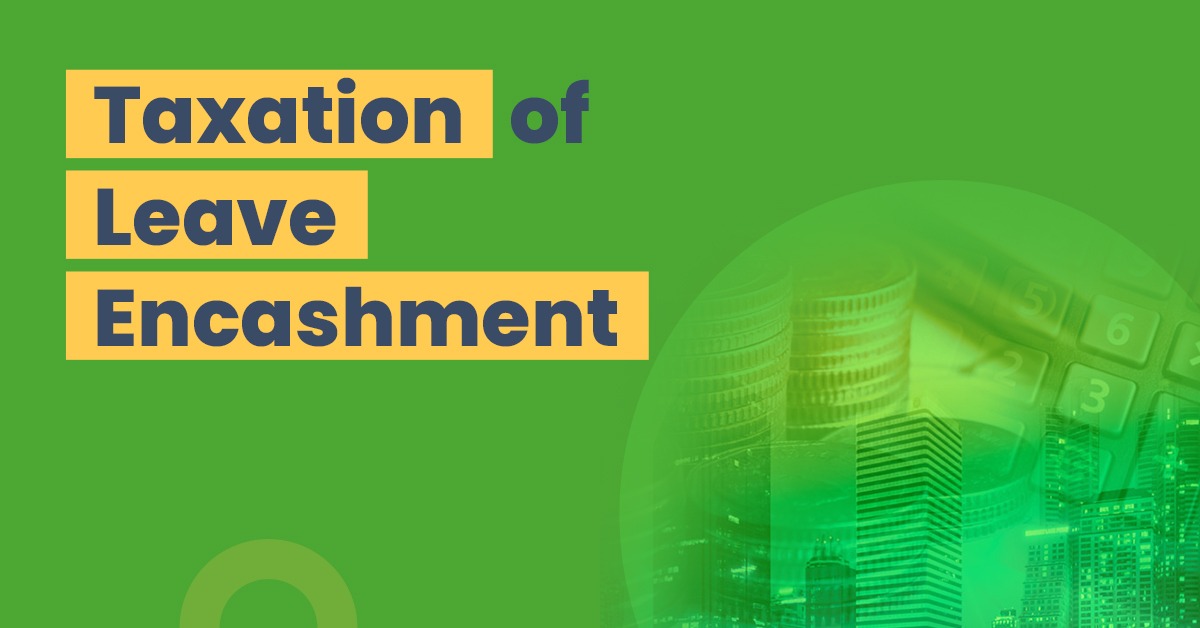
ITAT Grants ₹25 Lakh Leave Encashment Exemption to Retired SBI Employee, Setting Landmark Relief for PSU Retirees
Tribunal Applies CBDT Notification Retrospectively, Overturning Old ₹3 Lakh Cap
Decision May Benefit Thousands of Retired Public Sector Employees Across India
By Our Legal Reporter
New Delhi: November 19, 2025:
In a landmark judgment, the Income Tax Appellate Tribunal (ITAT) has allowed a retired State Bank of India (SBI) employee to claim the full leave encashment exemption of up to ₹25 lakh, overturning the earlier limit of ₹3 lakh. The ruling, delivered by the Pune Bench of ITAT, has far-reaching implications for public sector retirees across India.
The case revolved around whether the CBDT Notification No. 31/2023, which enhanced the exemption limit under Section 10(10AA) of the Income Tax Act, 1961, should apply retrospectively to employees who retired before the notification was issued. The Tribunal concluded that fairness and judicial precedent required retrospective application, thereby granting relief to the appellant.
Background of the Case
The appellant, a retired SBI employee, had received leave encashment benefits upon retirement. At the time, the exemption limit was capped at ₹3 lakh, a figure unchanged for decades despite rising salaries and inflation.
In 2023, the CBDT issued Notification No. 31/2023, increasing the exemption limit to ₹25 lakh for non-government employees. However, the notification was stated to be prospective. This created confusion and disputes, as many retirees who had left service earlier felt unfairly excluded from the benefit.
The retired SBI employee challenged the restriction, arguing that the enhanced limit should apply to him as well. The ITAT agreed, citing judicial precedents from Jaipur and Delhi benches that had already ruled in favour of retrospective application.
Tribunal’s Reasoning
The ITAT emphasized several key points:
- Fairness Principle: Retirees from public sector undertakings (PSUs) should not be penalized simply because they retired before the notification date.
- Judicial Consistency: Other benches of ITAT had already ruled that the enhanced exemption must apply retrospectively.
- Inflation and Salary Growth: The old ₹3 lakh limit was outdated and did not reflect modern salary structures.
- CBDT’s Intent: Although the notification mentioned prospective application, the Tribunal interpreted it considering fairness and equity.
By applying the exemption retrospectively, the ITAT ensured that the appellant received the full benefit of ₹25 lakh exemption.
Impact on Retired Employees
This ruling is expected to benefit thousands of retired employees from PSUs and banks, who had earlier been restricted to the outdated ₹3 lakh limit.
- Financial Relief: Retirees will save significant amounts in tax liability.
- Uniformity: The decision ensures that all retirees, regardless of retirement date, are treated equally.
- Precedent: The ruling sets a strong precedent for similar cases pending across India.
Tax experts believe that this judgment could encourage more retirees to file appeals, especially those who retired between 2020 and 2023.
Wider Policy Implications
The ITAT’s decision highlights the need for policy clarity in tax exemptions. While the CBDT notification was a welcome move, its prospective wording created unnecessary disputes.
- Government’s Role: The Ministry of Finance may now consider issuing a clarification to avoid further litigation.
- Judicial Intervention: Courts and tribunals continue to play a vital role in ensuring fairness in tax administration.
- Public Sentiment: The ruling has been widely welcomed by retirees, unions, and tax professionals.
Expert Opinions
Tax professionals have hailed the judgment as a progressive step. According to experts:
- “The ₹3 lakh limit was archaic. Applying the ₹25 lakh exemption retrospectively is both fair and logical.”
- “This ruling will reduce litigation and bring relief to thousands of PSU retirees.”
- “The government should now issue a circular confirming retrospective application to avoid confusion.”
Conclusion
The ITAT’s ruling in favour of the retired SBI employee marks a historic moment in tax jurisprudence. By applying the enhanced exemption retrospectively, the Tribunal has ensured fairness, consistency, and relief for retirees who had long been burdened by outdated tax limits.
This decision is not just about one employee—it is about justice for thousands of PSU retirees across India. As the country moves toward modernizing its tax laws, such judgments remind us that fairness must remain at the heart of taxation.
Keywords for Faster Searches (Google + ChatGPT)
- ITAT leave encashment exemption
- SBI retired employee tax relief
- CBDT Notification No. 31/2023 leave encashment
- ₹25 lakh leave encashment exemption India
- Income Tax Appellate Tribunal leave encashment ruling
- PSU retirees tax exemption India
- Section 10(10AA) Income Tax Act leave encashment
- Retrospective leave encashment exemption ITAT
- SBI employee ITAT judgment 2025
- Tax relief for retired bank employees India